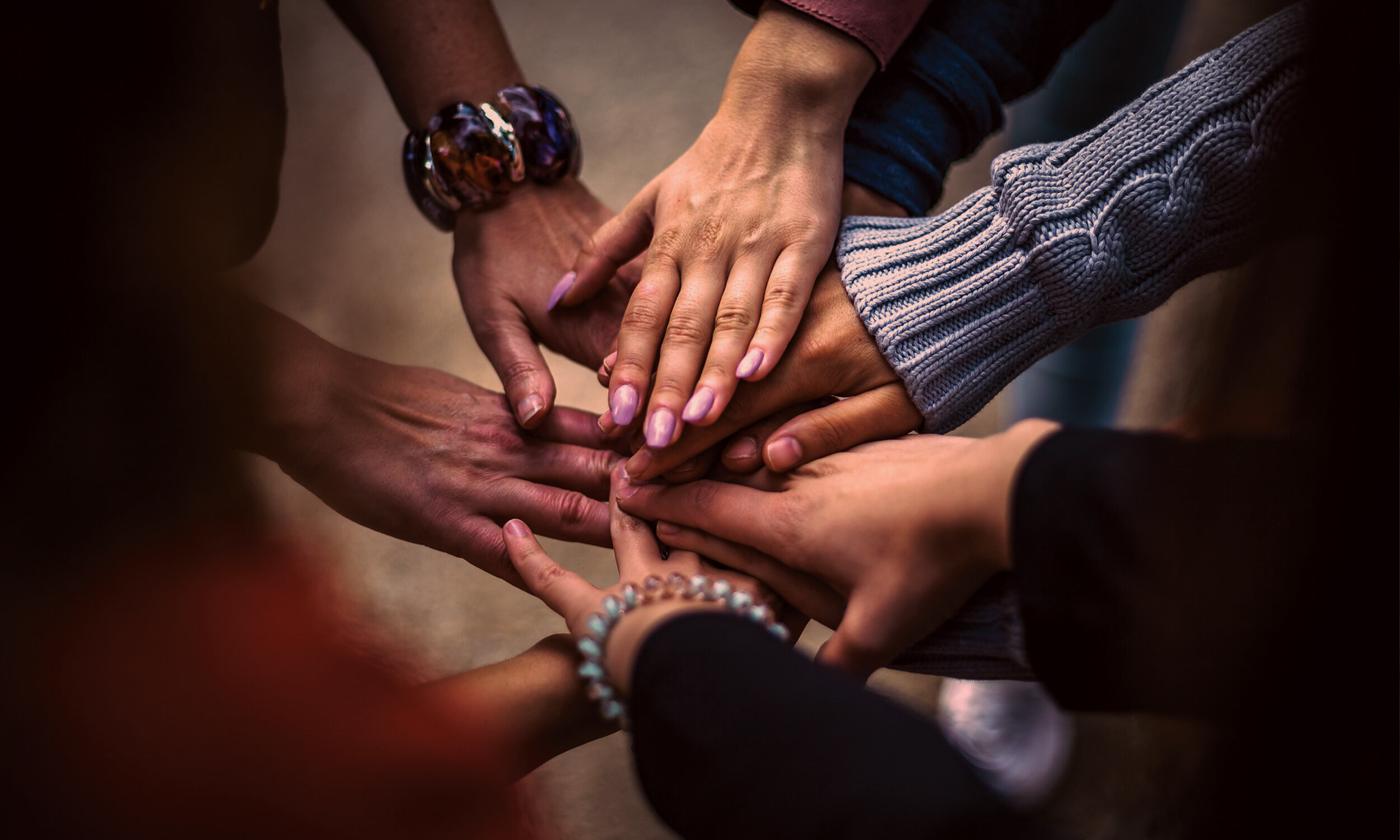
Inclusion and Equality
Inclusivity also promotes equity and diversity in education and society. A sense of belonging and safety is promoted for all individuals, leading to increased engagement and participation in learning and other activities. Moreover, inclusion contributes to equity by ensuring that all individuals have access to the same opportunities and resources, regardless of their background.
Equitable goals and initiatives are necessary to ensure that all individuals, regardless of their backgrounds, have equal opportunities to succeed. This includes recognizing and addressing systemic barriers that may prevent certain groups from accessing the same opportunities as others. Equitable goals and initiatives should aim to create an inclusive environment that fosters diversity, promotes social justice, and provides opportunities for all individuals to thrive.
Initiatives such as anti-bias training, restorative justice practices, and inclusive curricula can promote individuality and inclusivity in education. Anti-bias training helps educators recognize their own biases and work towards creating a more equitable learning environment. Restorative justice practices promote accountability and repair harm when conflicts arise, rather than punitive measures. Inclusive curricula recognize all individuals' diverse perspectives and experiences and promote understanding and respect for all cultures.
